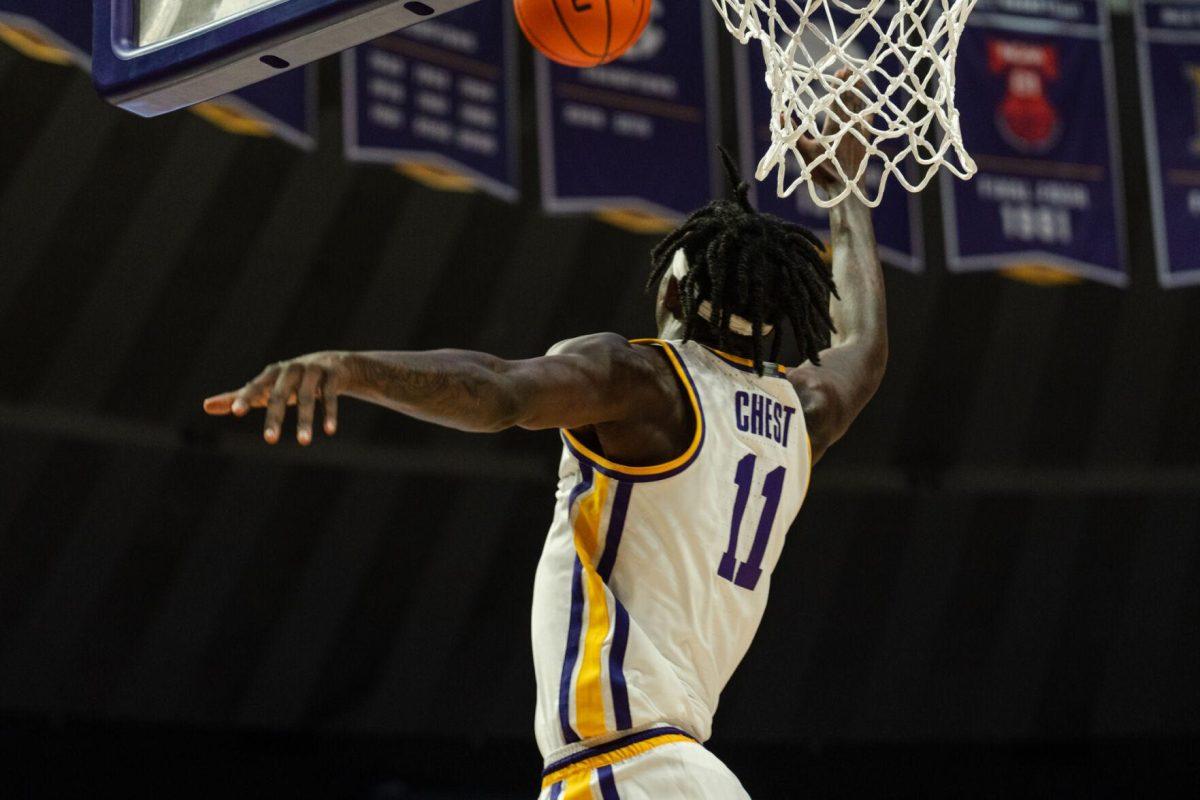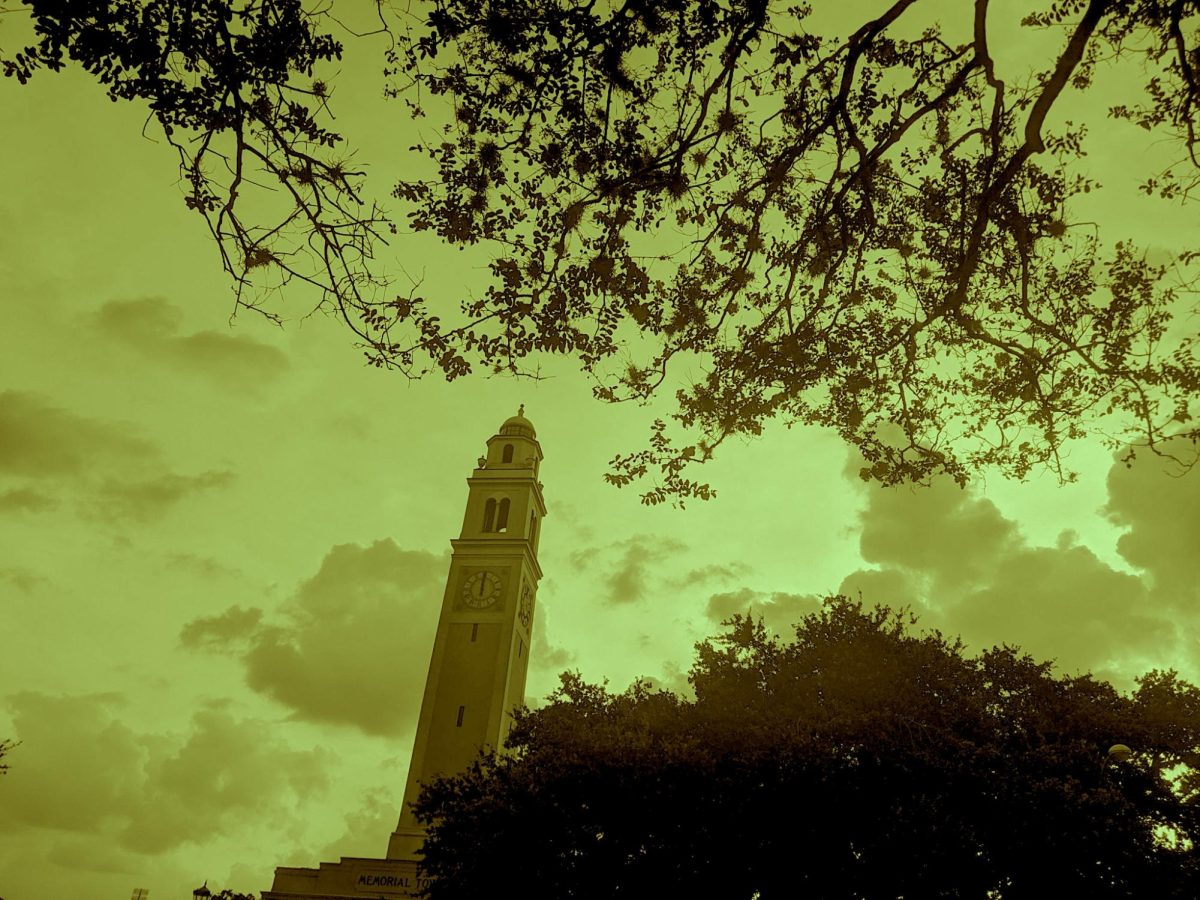“Why don’t you just stay here and rest,” Jenelle Andrews told her husband minutes before his heart attack.
James Andrews thought about it. Sleep sounded good.
The day before, Saturday Jan. 7, he’d been with his family at the Washington Redskins playoff game in Tampa, Fla.
He was supposed to fly home to Birmingham, Ala., with his wife and two daughters after the game. But then Redskins defensive end Renaldo Wynn broke his arm after falling awkwardly while trying to rush the quarterback.
Andrews, chief orthopedic consultant for the Redskins, decided Wynn’s injury was so severe he couldn’t fly back with the team. He stayed behind to check Wynn into a local hospital and finally made it home around 1 a.m.
Now the extra sleep was really sounding good. He made his decision.
“No, I’d better go,” he said.
That choice may have saved his life.
THE LIST
Michael Jordan calls him doctor. He’s operated on wrestlers Hulk Hogan and Andre the Giant. Numerous members of the Saudi royal family have been under his knife. He predicted Shaquille O’Neal’s future foot problems with the Lakers when Shaq was still in college. Bo Jackson’s professional contracts had a clause that said Jackson had to see him in the event of injury.
But Andrews, orthopedic surgeon and LSU alumnus, still insists he treats his work as “just a hobby.”
It didn’t feel like a hobby to Kurt Ainsworth. Not in 1997 when the former LSU pitcher’s throws couldn’t crack 75 mph on a radar gun and his elbow felt like it was on fire.
“I was down because of what happened,” Ainsworth said. “[Andrews] walked into the room and said ‘I’ve done a bunch of these and I’m going to make it as strong as it ever was.'”
Four years after his elbow surgery, Ainsworth made his major league debut.
It didn’t feel like a hobby to Randy Livingston. Not in 1996 when the LSU point guard and former high school player of the year came down hard on the court and sent the upper half of his kneecap into his thigh.
Then LSU coach Dale Brown recommended Andrews to Livingston.
“I told his mother and Randy, you can choose whoever you like, but here’s who they say is the best,” Brown said.
Livingston chose Andrews and flew to St. Vincent’s Hospital in Birmingham that night. He lived in Andrews’ guest house while he rehabbed his knee.
Later that year he played in his first NBA game.
Andrews was in the shower when the chest pains began.
Soon they were so bad he could barely crawl back in bed.
His wife was still at home waiting for him to get ready for church, otherwise he would have been alone. He told her to call 911.
The emergency rescue team was at the house within five minutes.
The ambulance brought Andrews to Saint Vincent’s Hospital. Luckily the cardiac team had just finished a procedure and was already there waiting.
“If it hadn’t been for them already being there, I don’t know if I would have lived,” Andrews said.
BEGINNING IN BATON ROUGE
Andrews grew up in Homer, northeast of Shreveport. He played football in high school, but while seven of his 17 teammates went on to play football while at LSU, Andrews was too small.
He did, however, earn an athletic scholarship in track as a pole vaulter.
Andrews lived in Broussard Hall at LSU and went through all the usual freshmen rituals such as having his head shaved. He took his meals in the cafeteria where he and other students lived in fear of football coach Charles McClendon.
“Coach McClendon would come through that front door to eat, and we’d all move out of the way,” Andrews said. “We were all scared to death of him.”
Years later McClendon would visit Andrews’ office to get help with his arthritic knees.
“He’s sitting there talking about his knees, and we’re reminiscing,” Andrews said. “And he was saying, ‘Dr. Andrews, yes sir, no sir.’ Finally I said, ‘Coach wait a minute – timeout. You’re saying ‘yes sir, no sir’ to me?’ We used to be scared of your shadow.”
Andrews’ father was a rabid LSU fan and often drove from Homer to watch the football team practice and his son practice track.
His father didn’t live to see his son win the Southeastern Conference pole vaulting championship his junior year. He developed lung cancer and died at the end of Andrews’ sophomore year.
Although he had one year of eligibility remaining, Andrews passed up on his senior year on the track team to attend LSU medical school on a legislative scholarship.
“The reason I wanted to do sports medicine was I gave up my last year of pole vaulting to go to medical school,” Andrews said. “If I can’t vault, then the next best thing was to be involved in sports medicine.”
After finishing medical school at LSU in 1967, Andrews went on to do his orthopedic residency at Tulane Medical School. He spent his third year of residency with Dr. Jack Hughston at Auburn.
Andrews spent a year’s fellowship at the University of Virginia Medical School working under Frank McCue.
“He was a tremendously talented doctor at that time,” McCue recalled. “He was a very confident, very easy-going, congenial person who transferred that feeling to the people he treated.”
McCue’s specialty was hand surgery. After working under him, Andrews spent a year at the University of Lyon in France with Albert Trillat, now deceased, known as the father of European orthopedics.
Andrews then moved to Columbus, Ga., where he began assisting Hughston at Auburn, as well as working with the smaller colleges nearby. Troy, Livingston (now West Alabama), North Alabama, Jacksonville State and Tuskegee all received regular visits from Andrews.
At the same time, he was picking up patients of a different sort.
HOUSE OF SAUD
The first member of the Saudi royal family Andrews operated on was Prince Abdullah Ben Mohammed, who was married to King Fahd Ibn Abdul Aziz’s sister.
At the time Andrews owned two homes in Columbus. Prince Abdullah and his family moved into one of them in Green Island Country Club during his rehabilitation.
“He didn’t want to go back to his palace and let people see him limping,” Andrews explained.
While recuperating in Andrews’ home, Prince Abdullah rented a house next door for his workers. All the cooking for Abdullah and his family was done in the workers’ house, because the prince did not like to have the smell of cooking around him.
“They didn’t want to have the smell of cooking where he lived,” Andrews said. “And they caught the kitchen on fire and burnt the damn house down.”
Despite the early culinary catastrophes, Andrews continued to see members of the royal family. He has been to Saudi Arabia more than 30 times, and his patients include Crown Prince and First Deputy Prime Minister Sultan bin Abdul Aziz al Saud. Four years ago he operated on the shoulder of Prince Khalid Bin Sultan, son of Crown Prince Sultan and joint commander of forces with General Norman Schwarzkopf during the Persian Gulf War.
Andrews said he has not seen as many Saudis recently because of the difficulty they face in obtaining entry visas.
In 1986 Andrews moved his practice to Birmingham, Ala., where he helped establish the Alabama Sports Medicine and Orthopedic Center. He still oversees the same schools and focuses mainly on Alabama and Auburn Universities. He travels with both schools’ football teams, so he spends one game a year at LSU.
“It’s still a little bit awkward for me to be on the opposite side of the field from LSU,” Andrews said.
One of the conditions Andrews made upon moving to Birmingham was that any high school athlete in the state would be taken care of whether they could pay or not.
REALITY SHOW
Professional wrestler Batista glanced around the rehabilitation room at St. Vincent’s hospital during a break in his workout. The WWE World Heavyweight Champion took in the scene – physical therapists working with million-dollar NFL quarterbacks, small-college athletes and everyday people recovering from injury.
“This place should be a reality show,” surmised the wrestler, whose real name is Dave Bautista.
If it was television, Bautista would have a great opening scene. The wrestler showed up at Andrews’ hospital bed the day after his heart attack with a torn triceps tendon.
“He was still in the bed, but he jumped out and started pulling at my arm,” Bautista said. “He wasn’t gentle.”
It was the second time Bautista had seen Andrews for an injury. The first time was two years prior when the wrestler again had a triceps injury.
Bautista said he was a little apprehensive about meeting the surgeon for the first time.
“I thought he’d be kind of snooty, you know, this great surgeon, you hear the best in the world,” Bautista said. “But he’s just a good ole boy.”
Andrews’ ability to understand patients’ needs is what some say make him so successful.
“The most impressive thing is his ability to get along with people and respond to them,” McCue said. “It’s probably the most unusual thing for a surgeon.”
Andrews doesn’t just deal with athletes in his day-to-day business. He often spends a large part of his day talking to coaches, general managers, agents and workers’ compensation personnel.
“It’s not a job to him,” Brown said. “He’s not one of those guys who comes into a room and has a clock on you. You never feel like you’re a number with Jim Andrews.”
THE FUTURE
Nearly two months after his heart attack, Andrew is back to a nearly full work schedule. He’s dropped close to 12 pounds and said his near brush with death has given him a new outlook on life.
He said he’s spent more time with his family, his wife Jenelle and their six children. He didn’t travel with the Redskins to their second playoff game in Seattle. For the first time in decades he missed going to baseball’s spring training.
But he said he is not ready to call it quits just yet.
“I’m never going to tell anyone when I’m going to retire,” Andrews said. “That’s the kiss of death.”
Instead Andrews said he is focused on developing various projects, such as the American Sports Medicine Institute in Birmingham and a new orthopedic clinic to be built in Pensacola.
“My career goal is to be able to practice at a high level and never at a part time level as long as I’m healthy and my skills hold up,” Andrews said.
And he remembers where he came from.
“I’ve never felt like I’ve been able to give back to LSU what they gave to me,” Andrews said. “I always thought at some point that I may move to Baton Rouge and work there, but I never have.”
Contact Elliott Brown at [email protected]
Medicine Man
March 8, 2006





